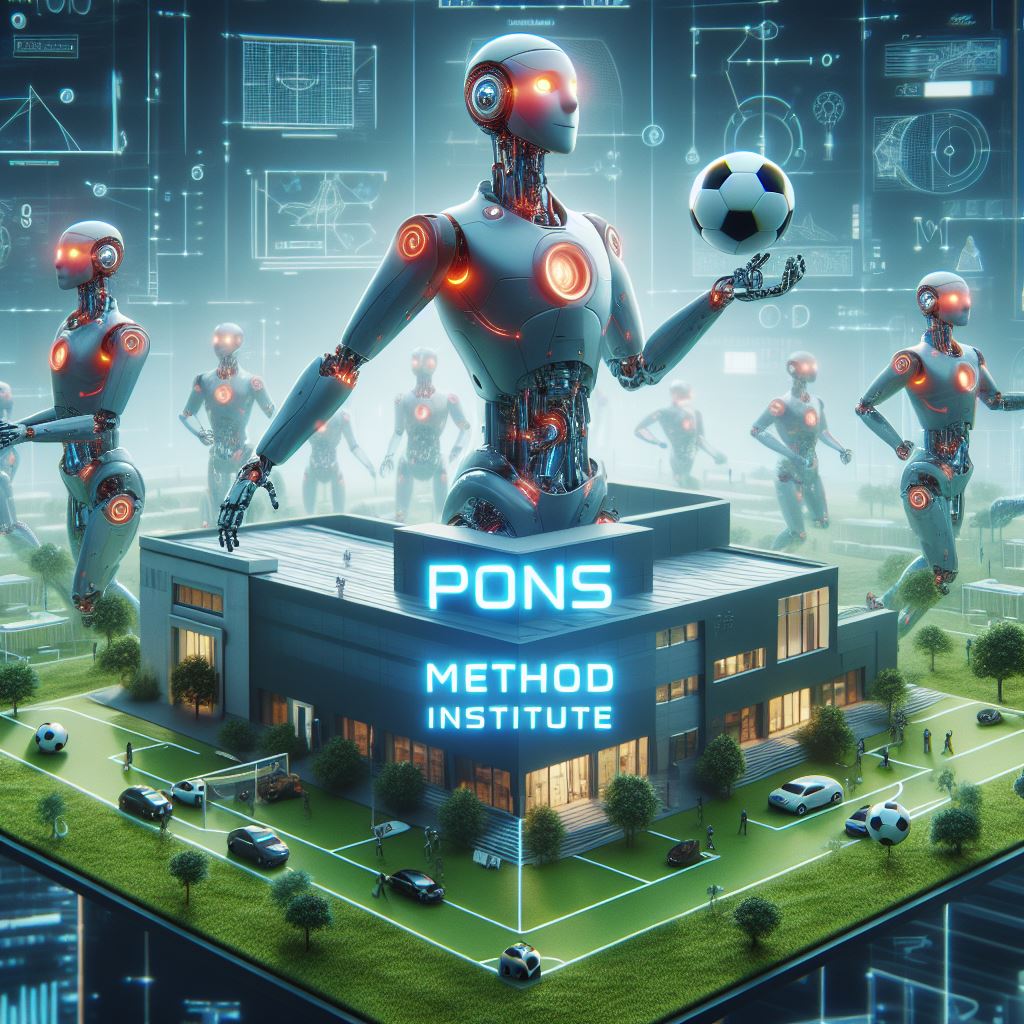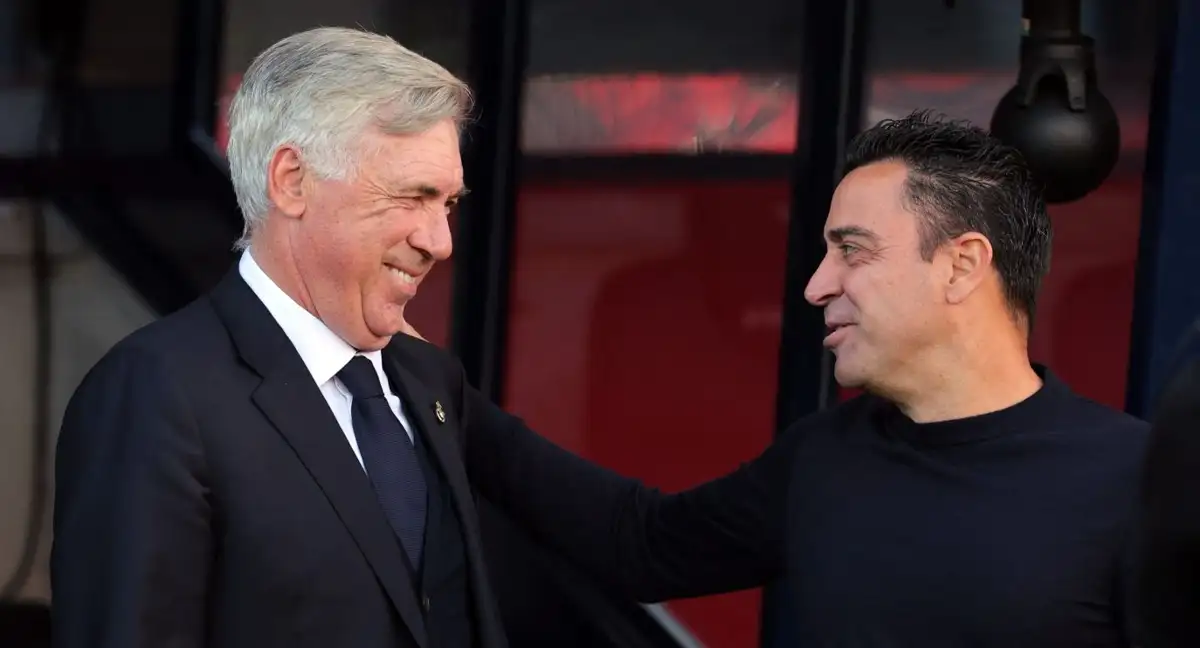Football is a sport that is constantly evolving, and that requires professionals who adapt to changes and seek excellence. In this sense, one of the trends that has been observed in recent years is that of former players who become coaches of top teams without having much previous experience as coaches. What advantages and disadvantages does this practice have? What criteria should be followed to choose a good coach? What role do training and innovation play in this process? From the Pons Method Institute, we want to offer our vision on this topic, based on our methodology and our experience.
The Pons Method Institute is an institution that is dedicated to training and innovation in the field of football, with the aim of raising excellence in the development of football talent. Our methodology, the Pons Method, is based on the creation of a new modern and specific training architecture, which allows optimizing time and resources, improving the performance and development of players, and facilitating the specific rehabilitation of injured players. Our fundamental principle is that of collective individualization, which consists of adapting training to the characteristics, needs and objectives of each player and each team, through the use of tactical panels, which fragment the game and allow us to work on the concepts and processes more efficiently.
From our perspective, former players who coach top teams without experience can have a series of benefits, but also a series of drawbacks, which must be evaluated and compensated. These are some of the aspects that we consider relevant:
Benefits of training top teams without experience
Authority and respect: former players who have had a successful career as footballers usually have greater authority and respect in the locker room, which makes it easier for them to manage the egos and personalities of the players. In addition, they can serve as an example and inspiration for their pupils, who trust in their judgment and knowledge of the game.
Experience and adaptation: former players who coach top teams without experience usually have greater experience and adaptation to the game, since they know first-hand the situations that can arise on the field, the demands of the competition, the characteristics of the rivals , etc. This allows them to make better decisions, solve problems more easily and anticipate changes.
Communication and motivation: former players who coach top teams without experience usually have greater communication and motivation with their players, since they speak the same language, understand their needs, their emotions, their concerns, etc. This helps them convey their idea of the game, create a good work environment, build trust and inspire their players to give their best.
Disadvantages of training top teams without experience
Execution and planning: former players who train top teams without experience may have poor execution and planning of training, matches, rotations, corrections, etc. This can affect player performance and development, as well as team cohesion and confidence. In addition, they may choose contraindicated exercises that do not fit the characteristics, needs and objectives of the players and the team, which can lead to injuries, fatigue, boredom or frustration.
Pressure and demands: former players who coach top teams without experience usually have greater pressure and demands, both from the board, the fans, and the press. This can generate stress and anxiety, which can affect decision making, communication and emotional management. Additionally, they may have difficulty taking responsibility, accepting criticism, acknowledging mistakes, or asking for help.
Learning and improvement: former players who coach top teams without experience may have greater difficulty learning and improving, both due to lack of training, lack of humility, and lack of feedback. This can lead to being less flexible and creative, not adapting to changes, not innovating or not recycling. Furthermore, they may have a tendency to compare and project themselves, that is, to expect players to do what they did, to impose their criteria without listening, to not value the work of others or to not delegate functions.

At the Pons Method Institute we understand that the humility of continuing to learn every day is essential to be a successful soccer player and it is even more so to become a sports director, coach, member of a technical staff, or any position you want to take on. Furthermore, we point out in this new innovative training structure offered by the Pons Method, the importance of innovation, the importance of the staff so that everything reverts to the improvement of the footballers. This type of new coaches in top teams should at least have the humility to surround themselves with the best possible staff. A staff with the professional experience that they lack as coaches, and with the methodological and innovative tools that compensate for their possible shortcomings.
In conclusion, at the Pons Method Institute we believe that training top teams without experience can be an opportunity or a risk for former players, depending on how they face the challenge and how they prepare for it. It is not enough to have been a great player, you must also be a good coach. And for that, training, humility and work are needed. Only in this way can the potential that former players have to become leaders capable of leading their teams to glory be harnessed. What do you think? Are you for or against former players coaching top teams without experience? Leave me your comment and share your point of view. 😊
